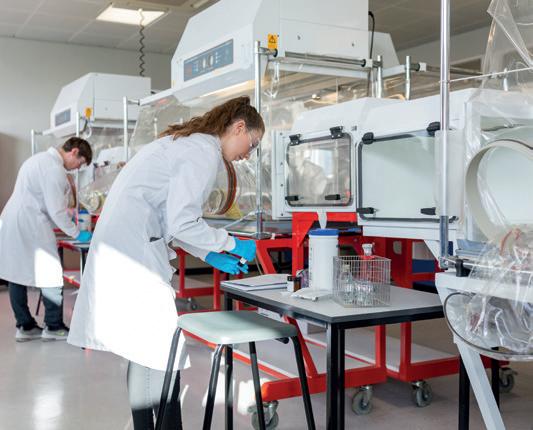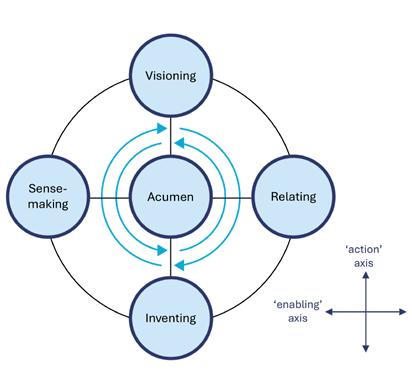
1 minute read
SAVE,
GROW, AND INCREASE CASH FLOW
Positive cash flow is a prime concern for any business. The last thing you want to do is tie up money unnecessarily if you don’t have to. One often overlooked cost is the overseas deposit required by many countries when temporarily importing goods. These deposits can tie up substantial sums—sometimes for years— restricting valuable capital that could otherwise be applied to your business.
What are Overseas Deposits?
When goods temporarily enter a foreign country, customs authorities often require a deposit, typically a percentage of the goods’ value, to guarantee duties and taxes will be paid if the items remain in their country. Even if you only intend to bring in an exhibition booth, film equipment, or scientific instruments for a few weeks, customs will not simply ‘take your word for it.’
Import duties and taxes apply to temporary imports and in some countries, rates can be as high as 40% of the goods’ value.
That means bringing in £100,000 worth of goods could require a £40,000 cash deposit. Multiply that by several trips and destinations and the financial impact quickly escalates—resulting in restrictions on both your cash flow and international opportunity. You’ll be assessed duties and taxes unless you find another way to bring in goods without paying those charges.
The ATA Carnet Advantage
The ATA Carnet is an international unified customs document that eliminates the need for overseas deposits. Accepted in over 90 countries and territories, it allows for duty- and tax-free temporary importation of goods ranging from fine art to musical instruments, technology, television and film production equipment, and more. It simplifies customs clearance and avoids payment of duties and taxes on your temporarily imported goods, merchandise, and equipment. The ATA Carnet can be used for multiple trips to the same country





